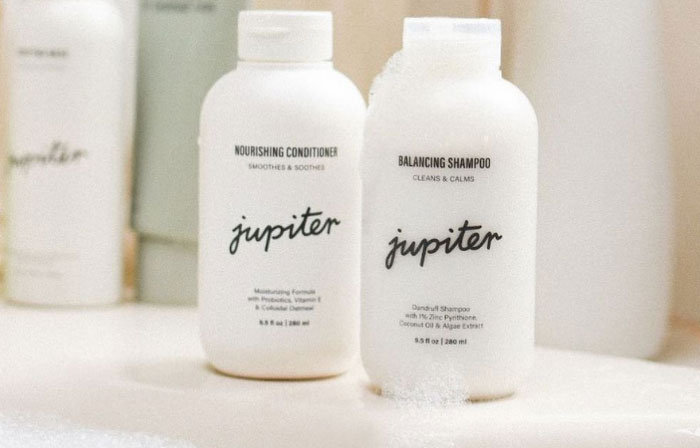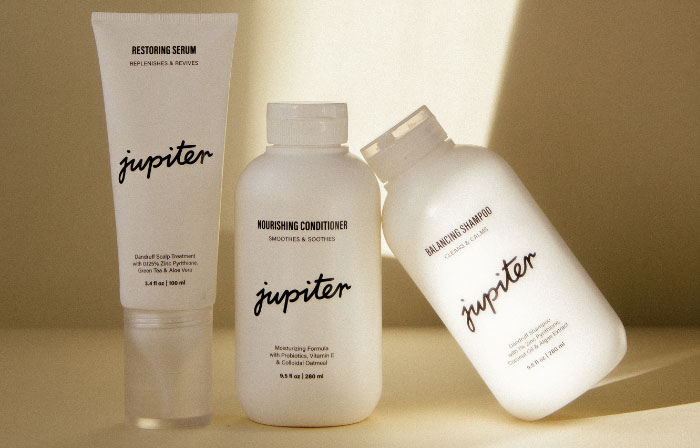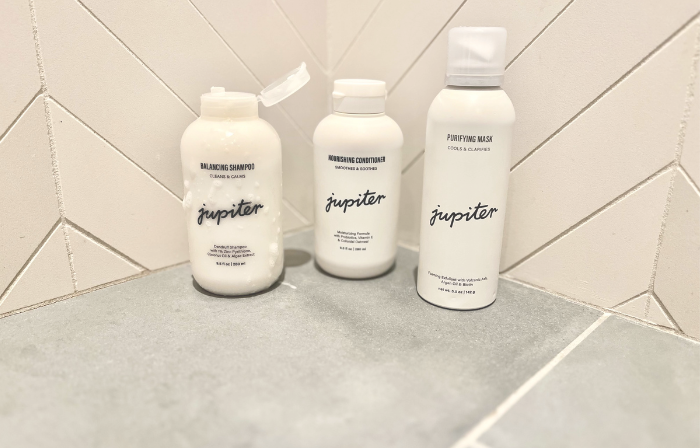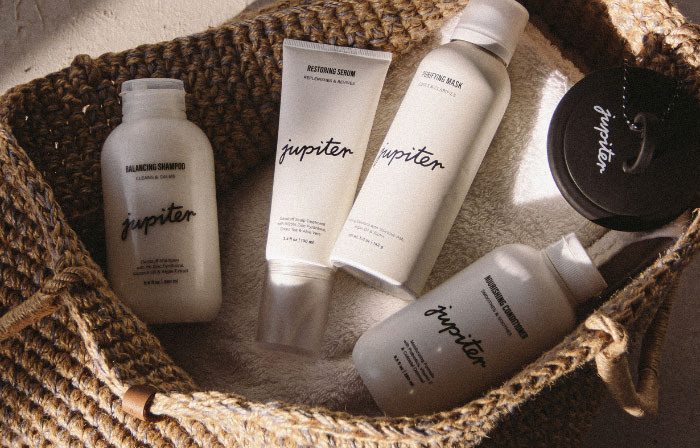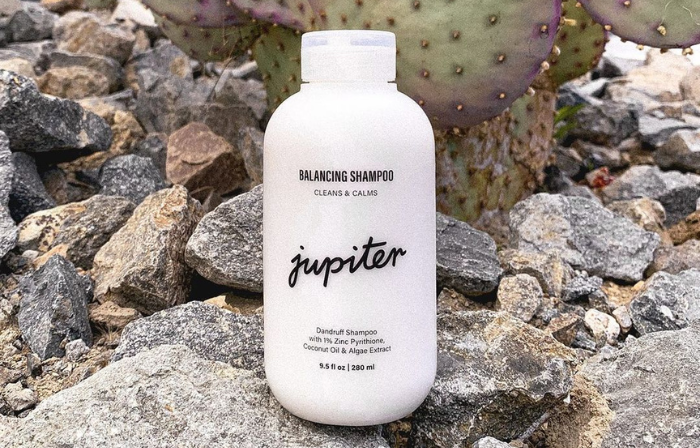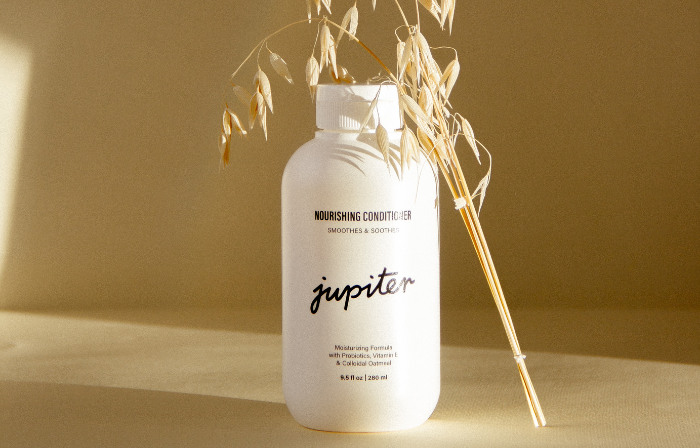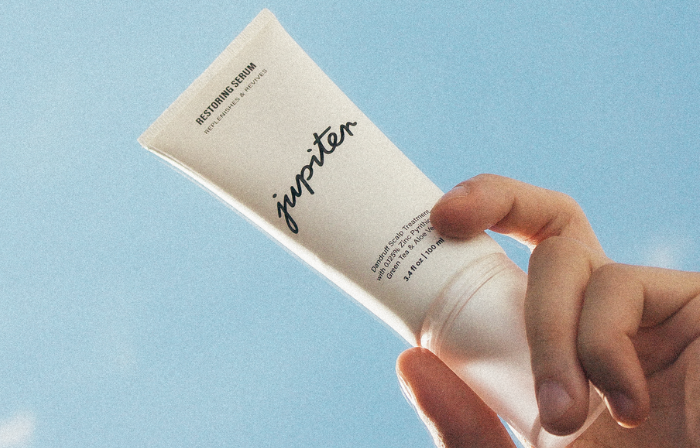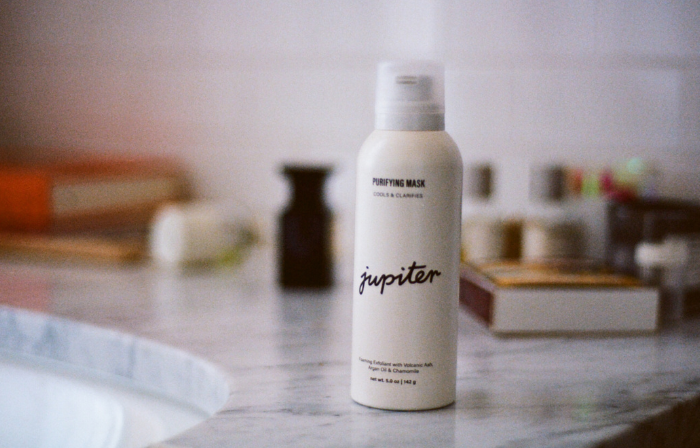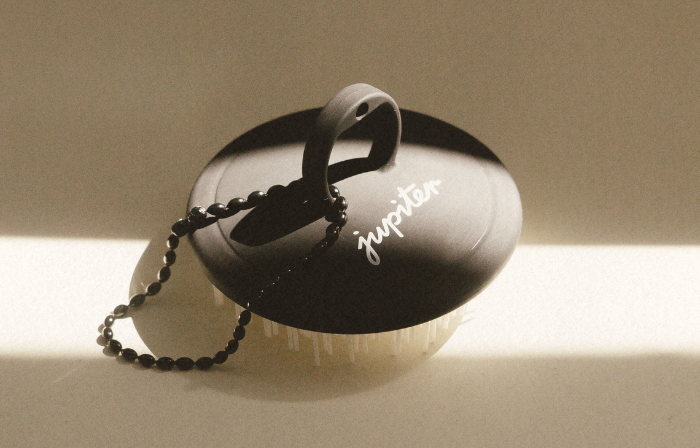🫶🏻 OUR 5% PLEDGE TO HER
#STRONGHERTHANYESTERDAY - WE DONATE 5% TO WOMEN-DRIVEN CHARITIES. LEARN MORE.
Zinc Pyrithione for Dandruff Treatment: How & Why it Works
Zinc Pyrithione might sound intense, but it’s one of the most powerful treatments in your dandruff-fighting arsenal. If you’ve been struggling with dandruff, it’s time to give up on ineffective home remedies and other topical solutions. Let’s explore how and why Zinc Pyrithione is such an effective dandruff treatment.
What Causes Dandruff?
First things first - dandruff is the flaking, irritation, itchiness, redness, scaling and flaking of the scalp. Flaking can be triggered by seborrheic dermatitis, psoriasis, dry scalp, and a variety of other conditions or reasons like your diet, stress levels and/or even the hardness of your water. But despite how common dandruff is, there are still many unanswered questions about its deeper causes.
Scientists are still investigating whether gene expression and cellular activity affect a person’s odds of having dandruff. What we do know is that yeast production on your scalp is a common factor in causing dandruff. In the same way that you can get a fungal infection on other skin surfaces of your body, your scalp is susceptible to yeast.
Just the same, some types of dandruff result from contact dermatitis - an allergic reaction to the products you put in or near your hair. And some itching and scalp flaking is linked to skin conditions like psoriasis, malassezia globosa, or eczema.
In short, the common misconception that one gets dandruff because of bad hygiene is mostly untrue, and fortunately for you, there are ways to clear it up and heal your scalp.
What Makes Zinc Pyrithione Effective for Dandruff?
The American Society for Microbiology uses big words to explain the phenomenon, but the general idea is that Zinc Pyrithione (ZPT) stops yeast growth in its tracks.
An article on ZPT confirms that the ingredient increases copper on your scalp, making it uninhabitable for Malassezia - a scalp fungus. Basically, low serum zinc levels in your body allow the yeast to flourish - and the zinc in this compound starts killing it off.
ZPT is one of many antifungal compounds that’s highly effective against fungi that tend to enjoy skin oils. Yeast like saccharomyces cerevisiae and Malassezia feed on oil and cause skin cells to flake off. ZPT is used in Jupiter’s Balancing Shampoo and Restoring Serum because it kills off the yeast.
In other words, ZPT treatments are effective because they eliminate the stuff that feeds on your scalp’s oils. Consuming more zinc orally may also work, but of course, everything in moderation. Incorporating a supplement into your diet or eating foods high in zinc may result in fewer flakes.
Some other compounds can help cut down on yeast, too. And solutions like UV light - which kills yeast in only a few minutes - are promising.
How Well Does ZPT Work?
Plenty of studies have shown how effective ZPT is at controlling dandruff. One study found that people who washed with 1% Zinc Pyrithione shampoo had a “progressive reduction in dandruff” after nine washes.
Another study showed that a three-week test of ZPT shampoo resulted in “statistically significant improvements” in comparison with a placebo product. It didn’t matter where the study’s subjects used the shampoo, either—home trials were just as effective as in-lab ones.
ZPT has been proven effective at relieving dandruff in numerous scientific studies.
Are There any Side Effects of Zinc Pyrithione Products?
You’re probably wondering about adverse effects of ZPT. Fortunately, the compound is safe for most users. A small percentage of people have an allergic reaction to ZPT, but otherwise, it’s a highly safe treatment with limited to no side effects. If you are having symptoms of an allergic reaction, stop using the treatment right away and consult a doctor.
What Products Contain ZPT?
Topical antimicrobial and antifungal agents containing ZPT include cosmetic products, topical and internal yeast infection remedies, and shampoos.
Do I Need a Prescription for Medicated Shampoo?
There are numerous helpful articles in dermatology journals on PubMed and Pharmaceutics, and dermatologists are continuously working on clinical trials for new ways to treat dandruff. While a small percentage of people need a dermatologist-prescribed medication to treat their dandruff (most often because of severity or type), the majority of people who experience dandruff don't need prescription-strength anti-dandruff shampoo or conditioner for effective dandruff control.
Enter Jupiter. We’ve formulated an effective Zinc Pyrithione shampoo that doesn’t require a dermatologist visit or prescription. Our Balancing Shampoo formulation uses clean ingredients combined with the power of the dandruff-fighting active ingredient Zinc Pyrithione that not only helps stop dandruff from falling on your head & shoulders, but it also smells amazing and is delivered right to your door. Learn more here.
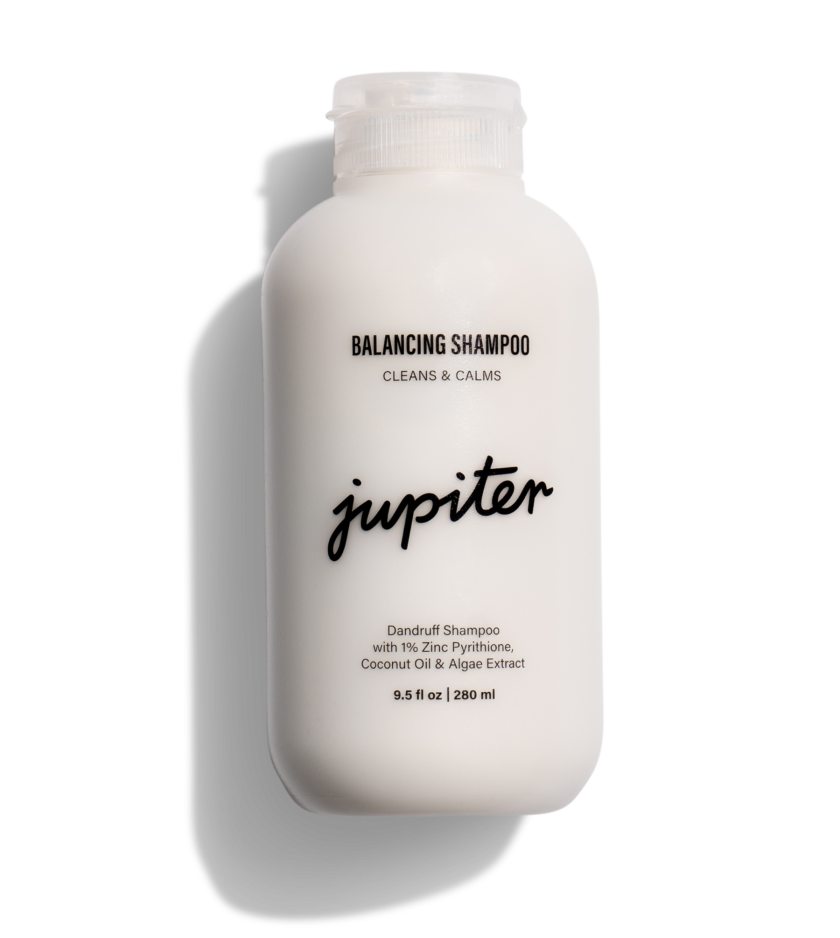
Meet our head honcho. This soothing multi-tasker gets to the root of flaking and irritation, thanks to our star active ingredient, Zinc Pyrithione. Backed by a lush aroma of mint, vanilla, rosemary, sage, tangerine, and lavender, it’s bound to elevate your mood, and your shower.
